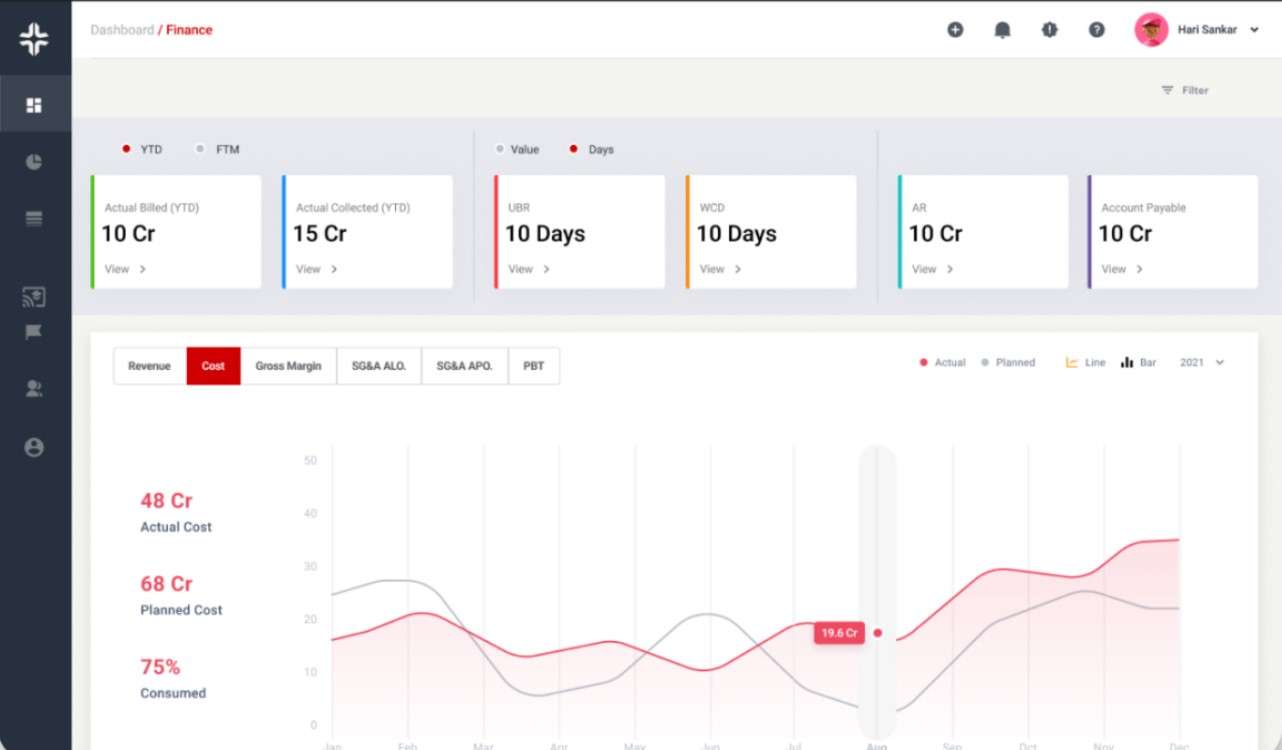Home » PSApedia
Data encryption rate
Explore the Importance of Data Encryption Rate. Secure Your Information and Enhance Privacy.

What is Data Encryption Rate?
Data Encryption Rate (DER) refers to the speed at which data is encrypted or converted into a code to prevent unauthorized access. In the digital age, where data breaches are rampant, encryption is a critical security measure.
It ensures that sensitive information, whether personal or business-related, remains confidential and secure from potential threats.
Importance of Data Encryption Rate
In the realm of Professional Service Automation (PSA), where vast amounts of client and project data are managed, the importance of a fast and efficient encryption rate cannot be overstated. Here’s why:
1. Security: A faster encryption rate means data is secured quickly, reducing the window of vulnerability.
2. Efficiency: In businesses, time is money. Faster encryption rates ensure that data protection doesn’t hinder operational efficiency.
3. Client Trust: Clients entrust companies with their data. Efficient encryption builds and maintains this trust, ensuring clients that their information is in safe hands.

Why Data encryption rate is so important?
Calculating Data Encryption Rate
The Data Encryption Rate can be calculated using the following formula:
DER = Total Data Encrypted (in MB)/Total Time Taken (in seconds)
Example:
Let’s say a PSA software encrypted 500MB of data in 5 seconds. Using the formula:
DER=500/5=100MB/s
This means the software encrypts data at a rate of 100MB per second.
Data Encryption Rate vs Other Encryption Metrics
Understanding the difference between these metrics ensures that businesses choose the right encryption solution for their needs. While DER focuses on the speed of encryption, there are other metrics to consider:
1. Encryption Strength: This refers to the complexity of the encryption algorithm. A higher bit encryption, like 256-bit, is tougher to crack than a 128-bit encryption.
2. Encryption Latency: The time delay from when data is sent for encryption to when the encryption process starts.
3. Throughput: The amount of data that can be encrypted in a given time frame, often measured in Mbps or Gbps.
| Metric | Description | Use Case |
|---|---|---|
| Data Encryption Rate | Refers to the speed at which data is encrypted | Relevant for real-time data access and transfer |
| Encryption Strength | Measures the level of security provided by encryption algorithms. Common metrics include 128-bit, 256-bit, etc. | Critical for data protection, stronger encryption typically means better security |
| Encryption Key Management | Focuses on how encryption keys are generated, stored, and managed. Involves key rotation, access control, and key revocation. | Ensures secure key handling and data access |
Application of Data Encryption Rate in PSA
In PSA, where project management, resource management, and financial management converge, data encryption rate plays a pivotal role:
1. Client Data Protection: With tools like KEBS employee 360, client data is encrypted swiftly, ensuring confidentiality.
2. Project Data Security: As teams collaborate using tools like Gantt charts, fast encryption ensures project details remain secure.
3. Financial Data Safety: With KEBS finance management software, financial data, from expenses to profits, is encrypted rapidly, safeguarding sensitive financial information.
Ready to Optimize Data Encryption?
KEBS, a leading PSA software, offers robust encryption capabilities. KEBS employs high-bit encryption, ensuring data is not just encrypted fast but also securely.
From ticket management to deal management, KEBS integrates encryption across all its tools. KEBS ensures its encryption standards are always up-to-date, offering businesses peace of mind.

KEBS Finance Management
Ready to optimize your data encryption rate with KEBS? Contact us today or request a demo to see how KEBS can elevate your data security.



